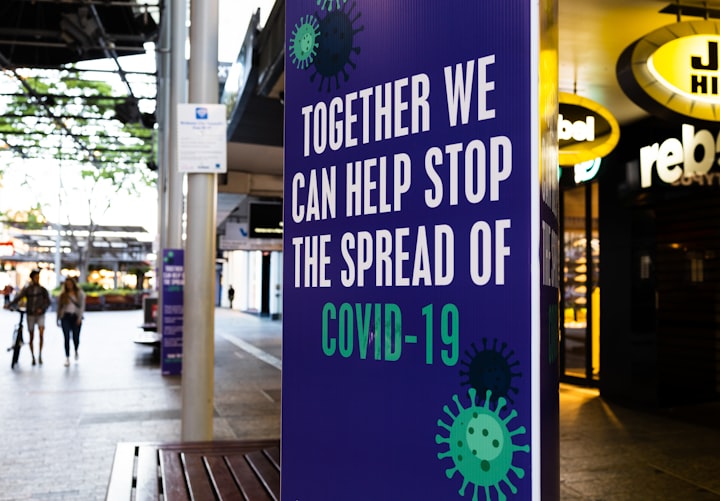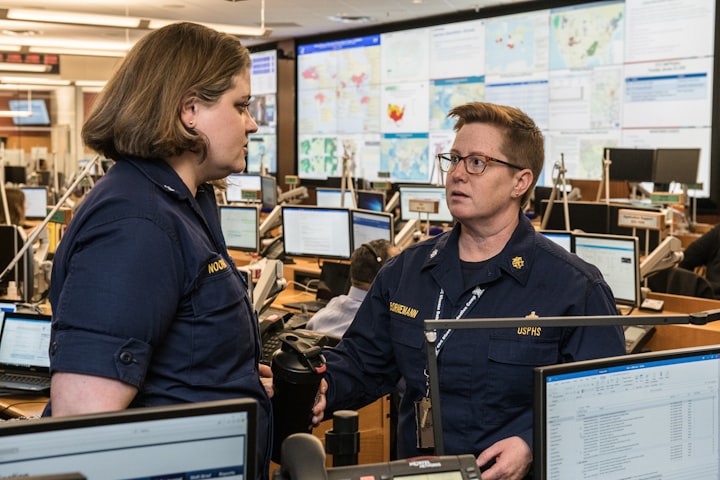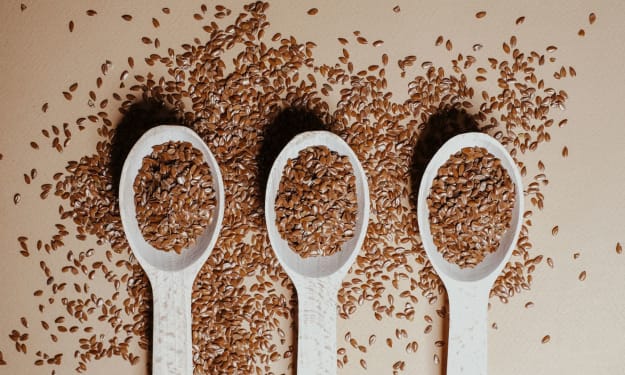
If people act on false health information they hear or see, it can impact their health, and if enough people do not follow health guidance, it can prolong this pandemic. Falsehood and dishonesty would destroy anything. No business or quality of life can be achieved with this, it downgrades in all ramifications.
Intervention efforts to change behaviours are communicative acts. By focusing mostly on the transmission function of information exchange, such efforts often neglect ritualistic processes that are automatically engaged through communication. In adopting the transmission view of communication, it is reasonable to think carefully about the channels through which intervention messages are disseminated, to whom the message is attributed, how audience members respond and the features of messages that have the greatest impact. These considerations reflect the essential components of the communication process: channel, source, receiver, and message, respectively. In the ritual view, however, target audiences are conceptualized as members of social networks who interact with one another, engage in social ceremony, and derive meaning from the enactment of habitual behaviours.
Health communication has much to celebrate and contribute. The field is gaining recognition in part because of its emphasis on combining theory and practice in understanding communication processes and changing human behaviour. This approach is pertinent at a time when many of the threats to global public health (through diseases and environmental calamities) are rooted in human behaviour. By bringing together researchers and practitioners from diverse disciplines and adopting multilevel theoretical approaches, health communicators have a unique opportunity to provide meaningful input in improving and saving lives.
A Nudging analogy.
The individual makes a decision to drink and drive, the connection between alcohol consumption and the ability to drive is Even one drink of alcohol can affect a person's ability to operate a vehicle.
An individual makes a decision to attend a party during covid 19, young party goer unknowingly infected and exposes older person or kids at home.
Understanding human behaviour is crucial to achieving sustainable consumption. For example, what might prevent an individual who generally understands the importance of sustainability, and has access to sustainable options, from shifting their behaviour? This phenomenon is seen in both developed and developing countries despite knowing what is best for the wellbeing of themselves and their communities, many people do not take the optimal action. Behavioural science demonstrates how the influence of context (mental, social, and physical) and the mental shortcuts used by the human mind can result in otherwise unpredictable outcomes in our individual behaviour. People are also greatly affected by mental, social, and physical context and situation. This means that minor aspects of their surroundings can have unexpectedly large effects on the outcomes of their decision making. For example, a recent study found that consumers were more willing to purchase sustainable or organic meat products when they thought that others were also doing so.
As a result of these tendencies, sometimes it can be hard to follow through on plans and objectives. This issue is one of the most studied topics in behavioural science today and is known as the intention-action gap. This concept applies to many behaviours and domains and is particularly insightful because it demonstrates a distinct difference between good intentions and actual actions. This concept can be seen with individuals deciding to save more money (but falling short), intending to exercise daily, or in the context of sustainable consumption, meaning to buy the more ‘sustainable product’ (but choosing the same brand they did last time), recycle (but giving up or forgetting), or intending to conserve water or energy (but falling back into old habits). In a recent survey of European consumers, 72% of consumers said that they were willing to buy green products but only 17% actually do. In each of these cases, despite intentions and values, something else is getting in the way.
Five Behavioural Barriers to Sustainable Consumption
= Many “choices” in consumption are often habitual behaviors.
= Consequences of consumption are often hard to see.
=Sustainable consumption may not seem personally relevant.
= Behaviour is influenced by peers and social groups.
= It can be hard to follow through on sustainable choices.
Many people thrive on routines. And routines can be advantageous. Routines allow people to exert less energy thinking about how to make daily, repetitive decisions, allowing energy instead to be spent on other activities. Research by academics at Duke University discovered that over 40% of the actions that people take every day are not actually active decisions, but habits.
The behaviour of individuals plays a major role in consumption trends, from daily habits to larger decisions about where, when, and how to use resources. But changing behaviour is challenging, even when favourable conditions are in place people can be inconsistent, and actions and intentions do not always align. Integrating behavioural science into the policymaking process can ensure that policies and public governance are more effective in achieving priorities. Recognizing this, policymakers across the world are incorporating behavioural insights into programmes addressing a wide range of issues, including sustainable consumption.
We had to rethink our routines, break habits, and adjust our lives to follow the given restrictions. Some of the changes will be temporary and return to their previous form in post-crisis time. However, some of the changes may last and become long-term habits. They have the potential to represent seeding ground for more lasting change towards a more sustainable good life.
About the Creator
Viona Aminda
Not a fiction story telling






Comments
There are no comments for this story
Be the first to respond and start the conversation.